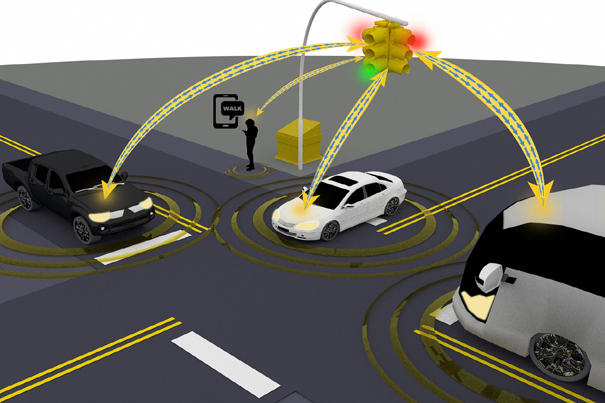Transportation plays a pivotal role in our modern society, enabling the movement of people and goods across vast distances. However, amidst its undeniable benefits, it is crucial to acknowledge the negative effects that transportation imposes on various aspects of our lives. This blog post aims to delve into the multifaceted repercussions of transportation, shedding light on its environmental, social, and economic drawbacks.
- Environmental Degradation:
Transportation, particularly the reliance on fossil fuels, significantly contributes to environmental degradation. The combustion of fossil fuels releases greenhouse gases, leading to climate change and air pollution. Additionally, transportation infrastructure, such as roads and airports, disrupts ecosystems, fragmenting habitats and endangering wildlife. The negative impacts on biodiversity and natural resources are substantial and require urgent attention. - Congestion and Time Loss:
As transportation networks expand, so does the issue of traffic congestion. Congested roads not only lead to frustrating delays but also result in increased fuel consumption and emissions. The time lost in traffic jams has a profound impact on productivity, affecting both individuals and businesses. Moreover, congestion poses challenges for emergency services, potentially jeopardizing public safety. - Health Implications:
Transportation-related air pollution has detrimental effects on human health. Fine particulate matter and toxic emissions from vehicles contribute to respiratory diseases, cardiovascular problems, and even premature death. Noise pollution from transportation sources also negatively impacts mental health, leading to stress, sleep disturbances, and reduced quality of life. These health implications necessitate the implementation of sustainable transportation alternatives. - Socioeconomic Disparities:
Transportation systems can exacerbate socioeconomic disparities within communities. Inadequate public transportation options limit access to essential services, such as healthcare, education, and employment opportunities, particularly for marginalized populations. This lack of accessibility perpetuates inequality and hinders social mobility. Additionally, the construction of transportation infrastructure often displaces communities and disrupts social cohesion. - Economic Costs:
While transportation is vital for economic growth, it also incurs significant costs. The maintenance and expansion of transportation infrastructure require substantial financial investments. Moreover, the reliance on non-renewable energy sources makes transportation vulnerable to price fluctuations, impacting industries and consumers alike. Additionally, accidents and congestion result in economic losses due to property damage, increased fuel consumption, and decreased productivity.
Conclusion:
Transportation, despite its undeniable importance, carries a range of negative effects that cannot be overlooked. From environmental degradation and congestion to health implications and socioeconomic disparities, these repercussions demand proactive measures to mitigate their impact. Embracing sustainable transportation alternatives, investing in infrastructure improvements, and promoting public awareness are crucial steps towards a more balanced and efficient transportation system that minimizes its detrimental effects on society and the environment.


